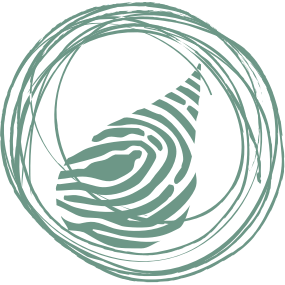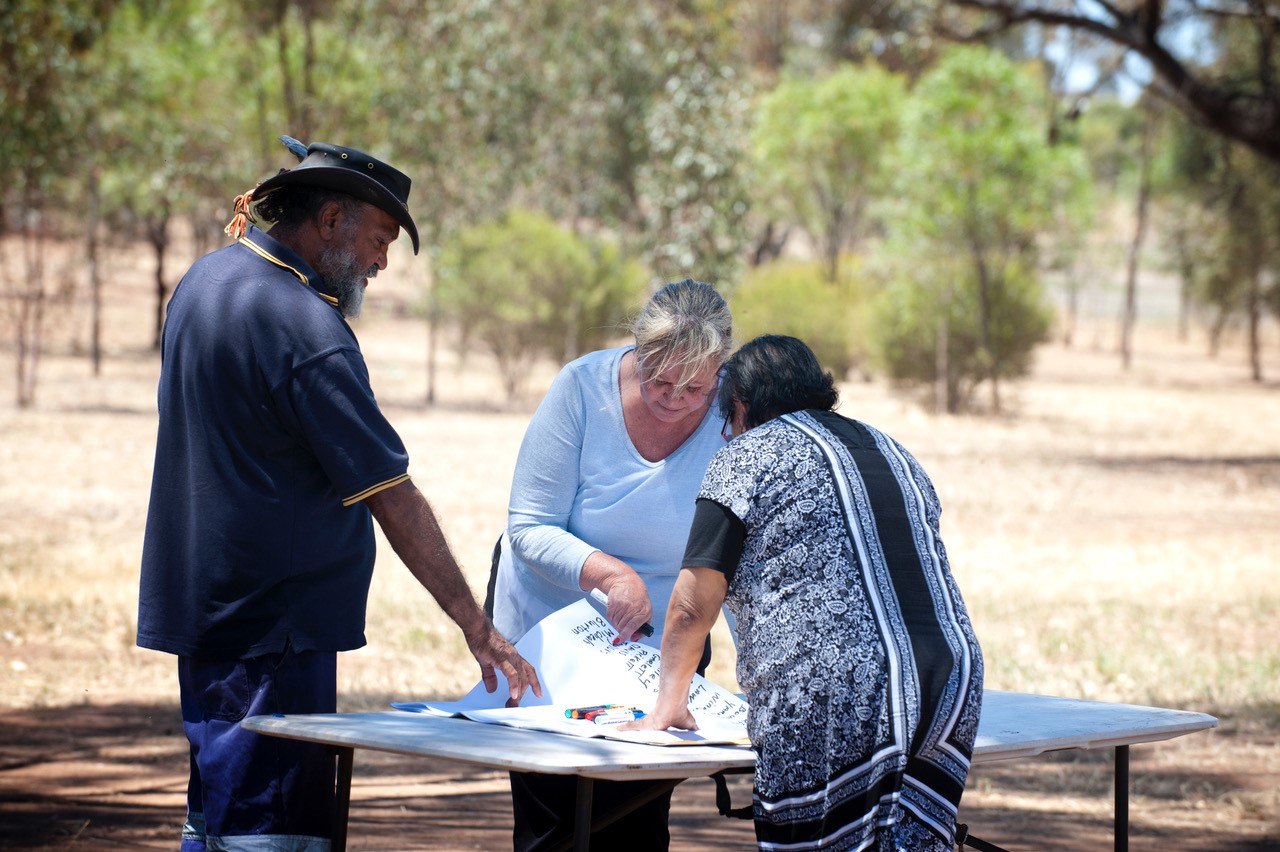In the South-West, yeye or today, as in kura or the past, Noongar boordier (or elders) play a role as custodians of all knowledges, and in particular “special” knowledges which are to be passed on. Today this continues through intergenerational Noongar interaction using oral and written language.
As each generation passes on, the current and future generation of Noongar people, will continue to take on these custodial responsibilities, passing them on to our future generations. These include keeping harmony with social protocols in our past, current and future worlds by ensuring that each successive generation of Noongar descendants, be they Whadjuck, Balardong or Njaki Njaki Noongar, are brought up to understand and take their responsibilities and place as active participants and custodians of such ancient katatdjin or knowledges.
In contemporary times, these concepts are still evidenced. Noongar Elders are acknowledged as the custodians of knowledge and wisdom of their boodjar, moort and katatdjin, and are responsible for the ongoing communications of Noongar knowledge’s and its application. Elders are recognised by their community, they are not self-appointed. Both men and women are acknowledged as Elders. They have as much respect today as they have for many centuries.


